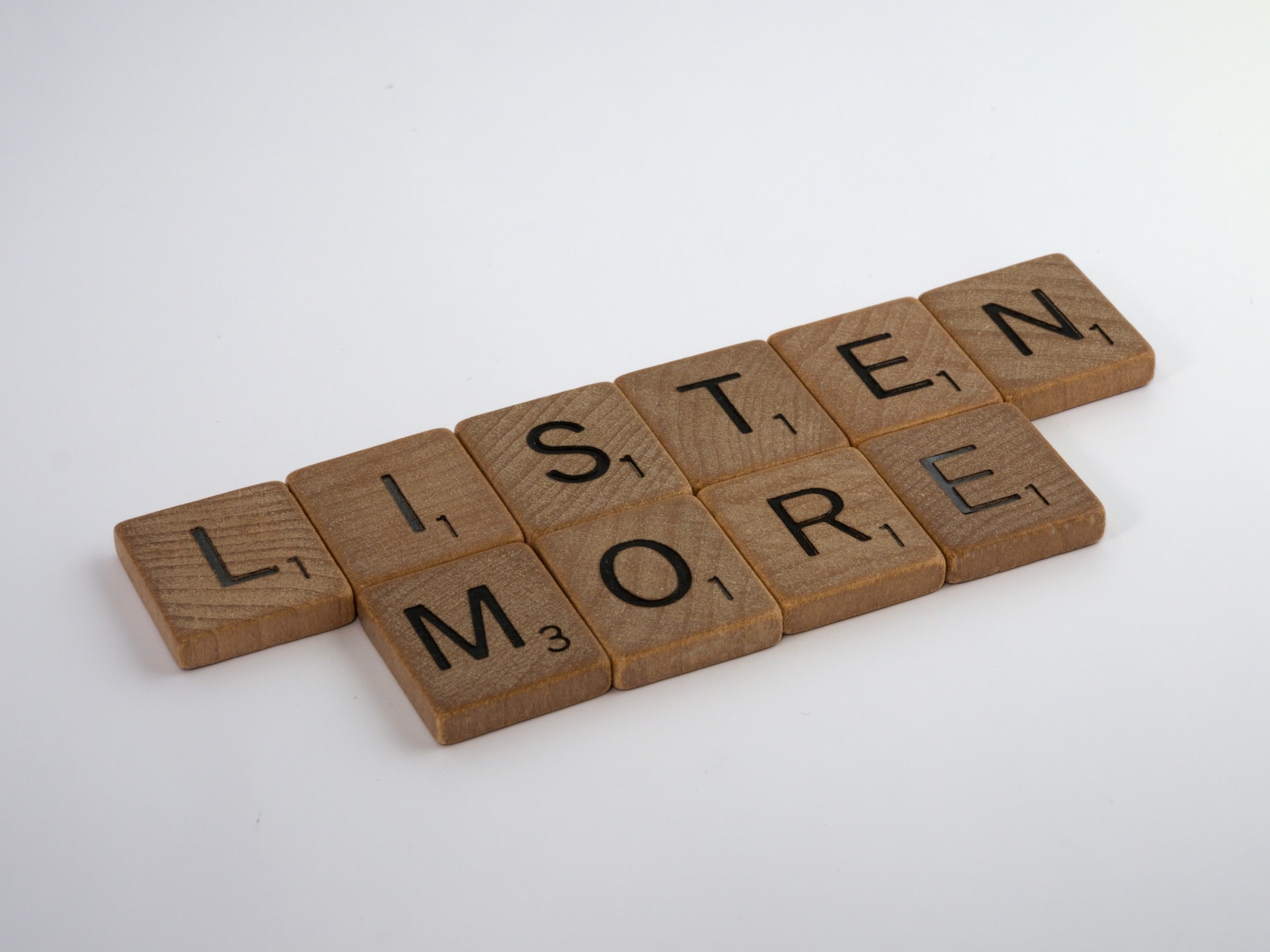Keeping Silent
I have spoken before about the importance of staying silent and listening to those around you to empower them to their greatest potential. We are often told that to be a better conversationalist, we need to really listen to understand, not be waiting for a gap to insert our conversations. Being a good listener shows empathy and support. It lets others know that you care about their well-being and are willing to offer a safe space for them to express themselves. Listening is a key to wisdom, as a fool jumps in and speaks to show their knowledge, when someone with true knowledge does not need to speak to show their intelligence.
Or to say it another way, “Better to remain silent and be thought a fool than to speak and to remove all doubt”. While this is said to be attributed to Abraham Lincoln or Mark Twain (ref.), the true origin is unknown, however the meaning remains the same. Silence leads to wisdom, and that is crucial if you want to be a better leader.
In my recent readings, I learned about a employer who had a policy that all new leaders hired into their organization where not allowed to speak in meetings for their first 90 days. This was to help promote a sense of learning since many new hires feel the need to show to others why the employer made a good choice in hiring them. This is totally unneeded since so much diligence is spent in finding the right people to hire into leadership positions and leads many to them jumping to conclusions or making critical changes that would be wiser made with better understanding of the organization’s culture and ways of working.
Tips for Listening
No matter how we talk about it, the ability to listen is a learned skill and takes work to develop. The following are four tips on how to become a better listener.
- Be present with who you are listening to: The best gift you can ever give someone else is your time and attention. Really be present in the conversation. Make eye contact. Connect with them and what they are saying. Eliminate distractions like your phone. Listening communicates respect and validation. It shows that you value the other person’s thoughts and feelings, leading to stronger and more meaningful relationships.
- Listen to learn: Sometimes we listen to someone and as they are talking, we think we have things figured out. Think of each conversation as a place where you can learn something. Take in information rather than commenting on everything that is said. By listening more and talking less, you gather valuable information and learn from others. This information can help you make well-informed decisions and better navigate various situations which is crucial for leadership.
- Don’t wait to talk: Are you really listening or are you really waiting to talk? The fool waits to talk. Don’t be a fool. When you are waiting to talk, the person with you can sense it. Choose to show how good of a friend you are by being present and not just waiting to talk. Miscommunications often arise from not fully listening and jumping to conclusions. Staying silent and attentive minimizes misunderstandings and misinterpretations.
- Choose your response thoughtfully: When you slow things down and listen more, you can form better responses that are well thought out. You are basing your response on having gathered more information, so you are coming from a better place to contribute to the conversation. Silence provides an opportunity for introspection and personal reflection. It allows you to process information before responding, leading to more thoughtful and considered conversations.
Remember, effective communication is a two-way street that involves both speaking and listening. Striking a balance between the two is crucial for meaningful and productive interactions. By valuing the power of silence and cultivating active listening skills, you can foster better relationships, gain insights, and enhance your overall communication abilities. Are you going to start practicing this today?


One response to “Leading Better by Listening Better”
[…] See our tips for better listening… […]